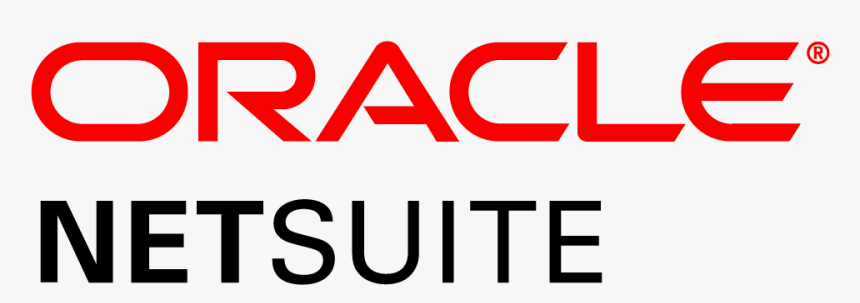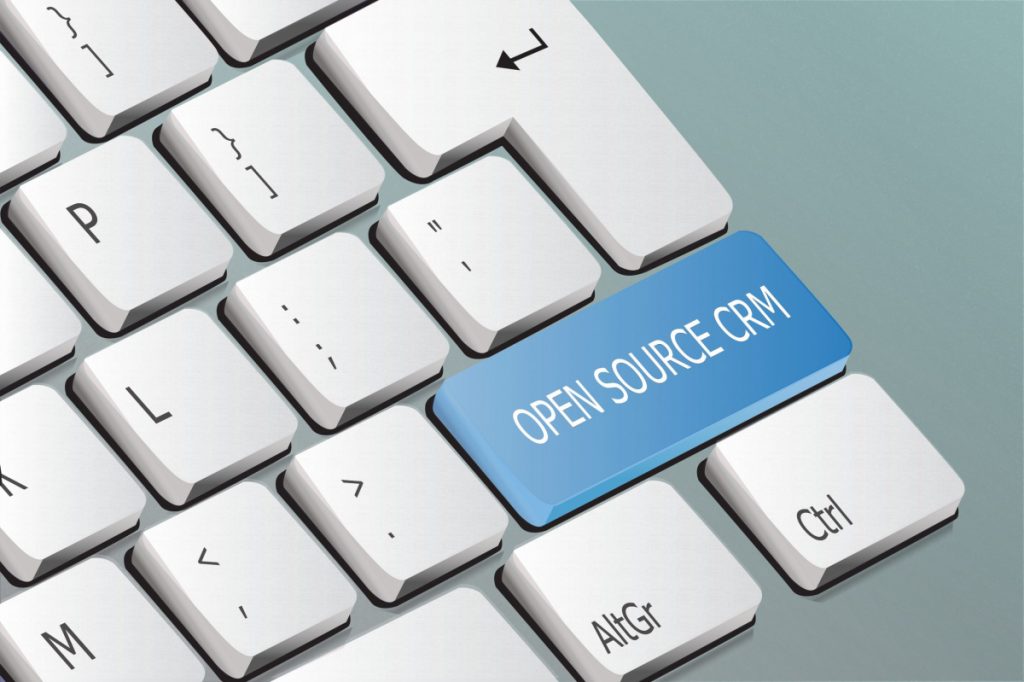CRM certificates can be a great way to take your career to the next level for web development teams and salespeople alike. There are numerous potential programs available to turn you into a power user or even an implementation expert. The question, then, is which is right for you?
CRM courses may cover areas like customer service, marketing, administration, and sales. The CRM certification process often involves training and exams to demonstrate a worker’s understanding and proficiency of the topic or topics of study.
Once an employee has met the necessary requirements to obtain a certificate, they can show clients and employers they have the skills available to improve workflow and customer relationships.
Also read: How to Use CRM for Business
5 of the best CRM certificate programs
Coursera
Pros
Cons

HubSpot Academy
Pros
Cons

Salesforce Administrator
Pros
Cons

Also read: 7 Best Management Training Programs for 2024
Microsoft Dynamics 365
Pros
Cons

Oracle Netsuite Administrator
Pros
Cons

Who stands to benefit from CRM certification?
Businesses with a desire to improve customer satisfaction and drive customer retention rates stand to benefit when key team members become CRM-certified.
A CRM certification is useful for many people who work with customers or CRM platforms. It can help people who work in sales and marketing understand and meet customer wants better, which can increase sales and make marketing more personal. System administrators, developers, and other IT pros will find it helpful for getting better at setting up and managing CRM systems. People who work in customer service learn how to use CRM tools to make customers happier. For business analysts and project managers, the primary reason for pursuing a CRM certificate is to make sure CRM tactics are in line with company goals.
Business owners and entrepreneurs learn more about how customers act, which helps them make better business choices. A CRM certification can give anyone who manages customer interactions or CRM systems a competitive edge, leading to better business processes and success.
Also read: CRM Roles and Responsibilities
What are the drawbacks to certification?
While pursuing certification offers numerous advantages, it’s important to recognize potential drawbacks. One significant concern is the cost, which might exceed your company’s budget or be deemed too substantial to justify. Additionally, directing resources toward certifying the wrong employee could result in wasted resources and inefficient time management.
It’s common to encounter challenges with certification, and carefully evaluating the cost-benefit ratio is crucial. This evaluation should consider whether certifying specific team members aligns with your business objectives, taking into account the timing, overall expenses, and the potential return on investment in terms of employee capability enhancement.
Investing in certification can be a strategic move to elevate your team’s expertise, particularly in managing CRM systems. This not only improves your CRM strategies but also strengthens your competitive stance in the market. However, it’s essential to approach certification with a strategic mindset, ensuring that it serves your business goals and contributes to long-term growth.
Also read: Top CRM Challenges & Strategies for Overcoming Them
Why is CRM certification important for your business?
CRM certification teaches members of your team the best business practices and gives them ample opportunity to boost their efficiency, gain a competitive market advantage, and improve their CRM strategies. This should translate to better business practices overall and increase your company’s viability.
In addition to strengthening your business practices, key team members completing CRM certification will allow them to work more cohesively. This allows them to stay abreast of changing trends and unforeseen challenges that can be thrust upon your company at any time.
Having employees who are able to think more critically when a problem arises will help your company better mitigate the issue and allow your time and resources to be applied in other areas.Still looking for the latest in CRM solutions? Check out our CRM Software Guide.





